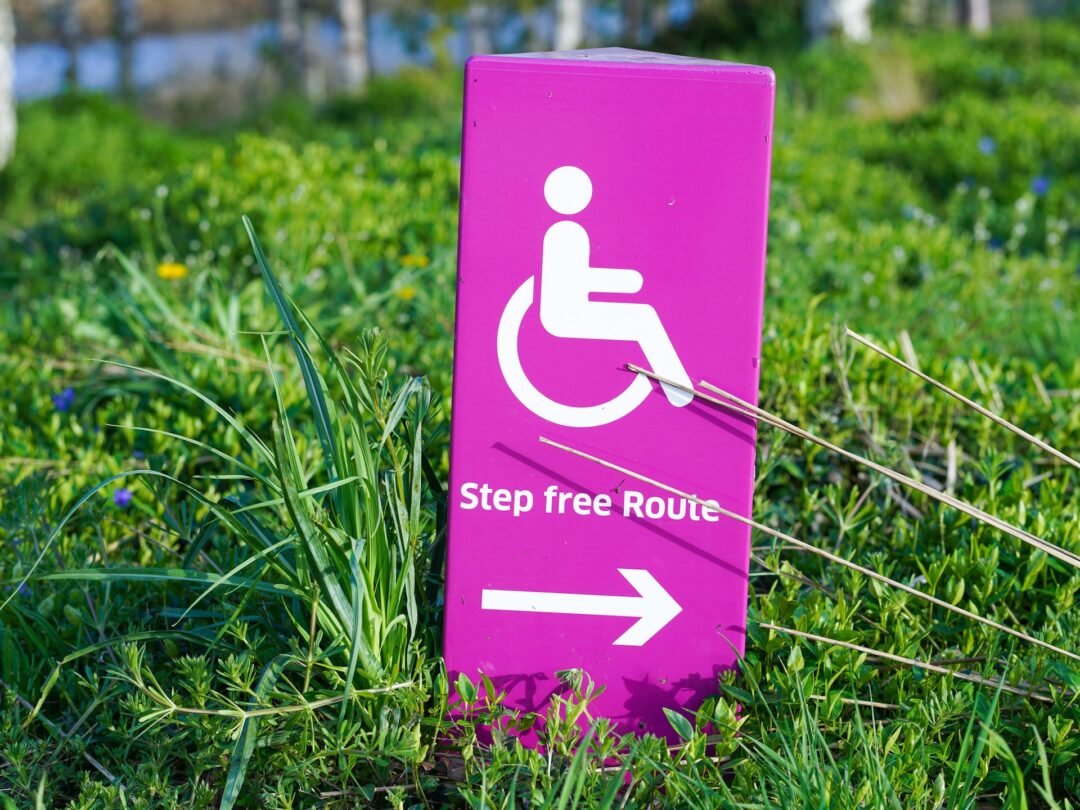
Navigating the complexities of the Social Security Disability (SSD) claim process can be daunting, and receiving a denial notice can be disheartening. However, it’s important to remember that a denied claim is not the end of the road. If you believe you are eligible for SSD benefits and have been denied, appealing the decision should be your next step.
Read on as we go through the appeal process, explaining what to expect and providing valuable insights to help you increase your chances of success.
Receiving a denial notice is not something that can be taken easily. However, it’s essential to understand that many initial SSD claims are denied. There are several factors involved in the decision-making, so it is likely that this claim was caught up in one of those.
Some examples of reasons could be insufficient medical evidence, incomplete application forms, or technical errors. Reviewing the denial notice to understand its reasons carefully is important. This information will guide you in gathering additional evidence and strengthening your case for the appeal.
When appealing a denied SSD claim, know the time limits and deadlines. Generally, applicants have 60 days from the date of the denial to request an appeal. Failing to meet this deadline may result in starting the application process from the first step. It’s advisable to submit the appeal as soon as possible to allow sufficient time for the review process.
There are four levels of appeal for a denied SSD claim: Reconsideration, Hearing by an Administrative Law Judge (ALJ), Appeals Council Review, and Federal Court Review. The first step is the Reconsideration level, where a different examiner reviews your claim. You can request a hearing before an ALJ if the reconsideration is denied. You may proceed to the Appeals Council if the ALJ denies your claim. Finally, if necessary, you can file a lawsuit in federal court.
One crucial aspect of appealing a denied SSD claim is gathering strong medical evidence to support your case. This includes medical records, doctor’s opinions, test results, and any additional documentation related to your disability. It’s important to ensure that all medical evidence is current and specifically addresses how your disability prevents you from working. Working closely with your healthcare providers and securing their support can strengthen your appeal.
Navigating the appeals process can be overwhelming, and seeking professional assistance can be beneficial. Consider consulting with a Social Security Disability attorney or an advocate experienced in handling SSD claims. They can guide you through the process, help you gather strong evidence, prepare you for hearings, and represent you at different levels of appeal.
The appeal for a denied Social Security Disability claim can be complex and challenging, but it offers hope for individuals seeking the benefits they deserve. When filing an appeal, make sure you understand the steps involved and what to expect. From gathering additional medical evidence to presenting a strong case at the hearing, perseverance and determination are key. Remember to seek professional guidance, such as an experienced attorney or advocate, who can navigate the intricate appeal process and increase your chances of a successful outcome.
Don’t navigate the Social Security Disability appeal alone. Trust Regas & Haag for expert guidance. Our experienced attorneys are here to fight for the benefits you deserve. Contact us today for a free consultation.